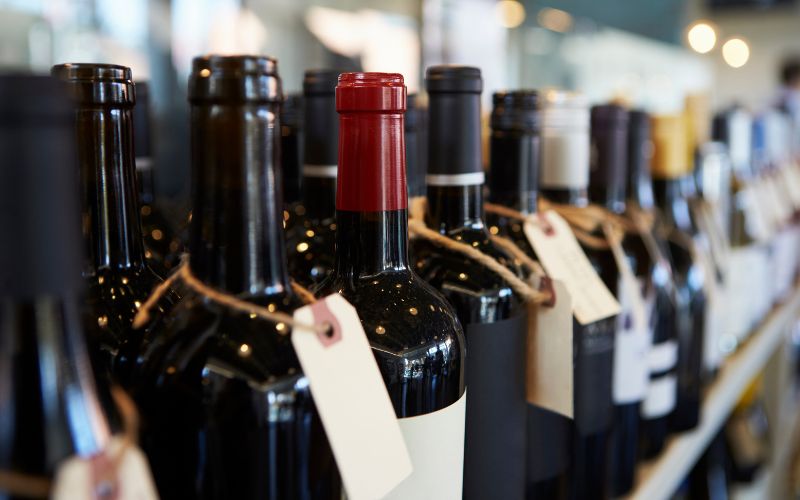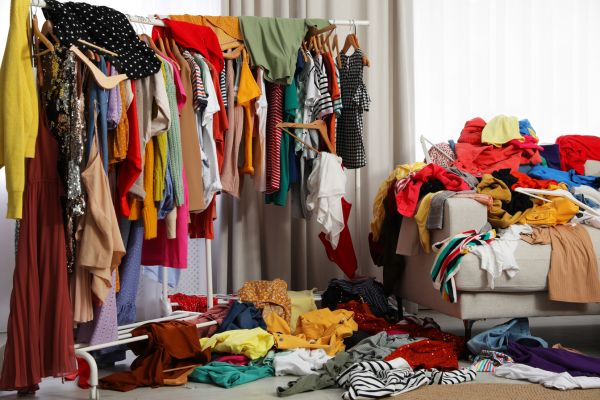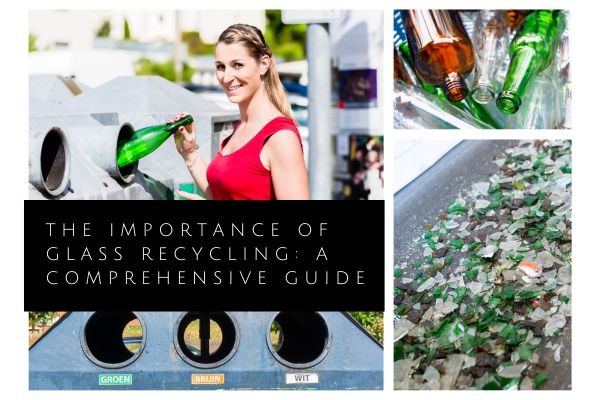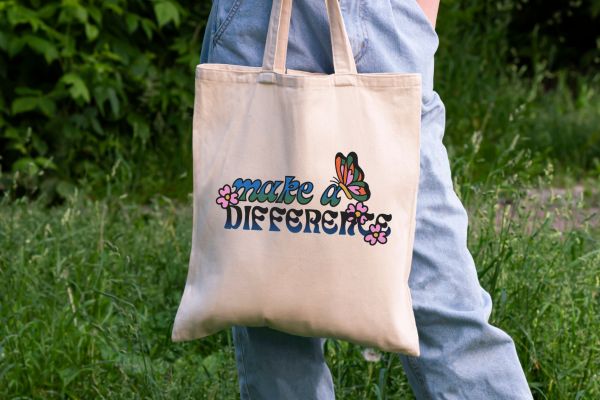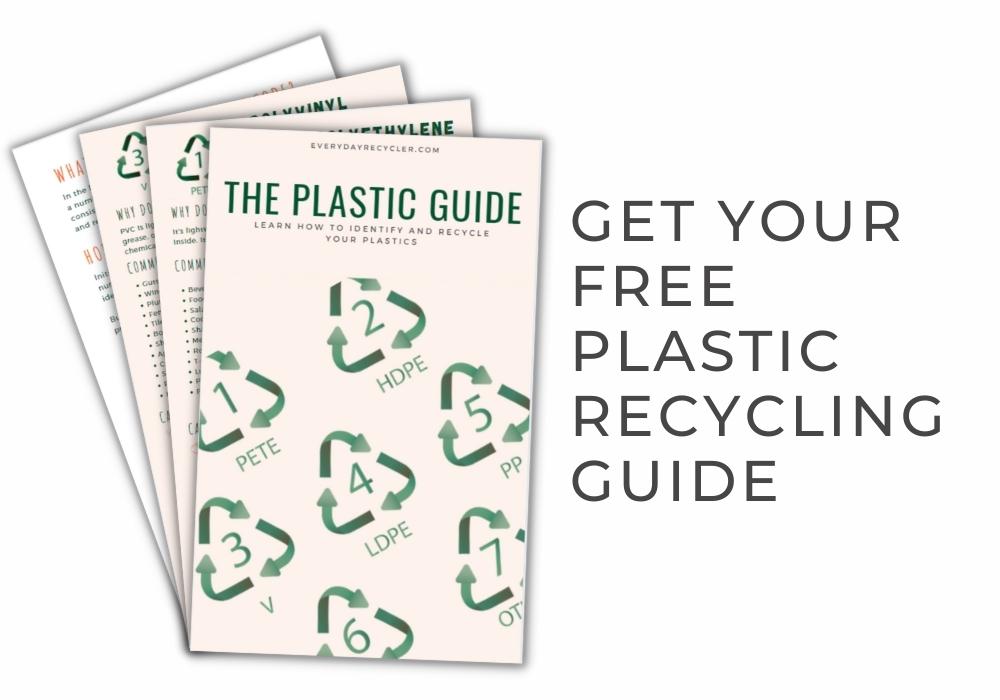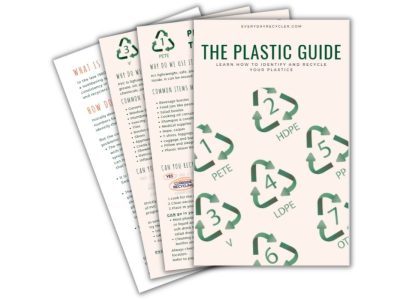The appeal of drinking wine, a pastime with a very long history, has not decreased over the years. But have you ever wondered can you recycle wine bottles? The answer is straightforward but it will depend on where you live and what facilities are available nearby. Below I’ll dive into whether wine bottles can be recycled, why it’s important that get recycled, and explain how to check the local rules where you live. Recycling your wine bottles is easy when you understand how.
Can you recycle wine bottles?
To answer the question can you recycle wine bottles it is important to understand what wine bottles are made from and if the material is recyclable. It is also important to understand what facilities are available nearby and what their rules are. Let’s dig in.
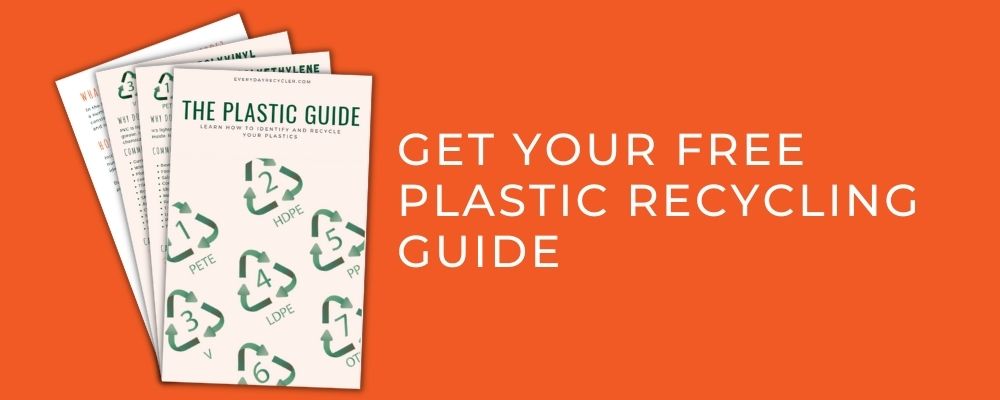
What are wine bottles made of?
First, let’s look at what wine bottles are made of. You are probably all aware that wine bottles are made from glass. You may also have heard that glass is infinitely recyclable. But did you know that there are in fact, many different types of glass and not all of them can be recycled.
In short, there are many different types of glass that are treated in different ways. Some have chemicals added to them to change their properties while others are treated with heat to improve their strength. Many of these types of glass are not easily recycled because they have been treated to withstand high temperatures, the same process that is used to melt down the recycled glass. You can learn more about the different types of glass and how they are recycled in What is glass made from?
Wine bottles are made from soda-lime glass, which is also referred to as standard glass. The reason this type of glass is called soda-lime is that it’s made from the basic ingredients of glass, silica (quartz-sand), soda ash, and limestone. These ingredients are melted together at very high temperatures and then shaped and cooled into the bottle shape we know so well.
Luckily, this basic type of glass is the easiest to recycle, making glass wine bottles very recyclable.
However, as you may already be aware not all recyclable materials can be recycled. Recyclability is influenced by the material itself, by the availability of facilities that can process the material for reuse, and by the existence of a market for the recycled material.
Why don’t some curbside recycling services and recycling centers accept wine bottles?
The acceptance of glass in curbside recycling and recycling centers varies a great deal depending on where you live. Variations that may exist include:
- No glass is accepted at all
- Only certain types of glass
- Only certain colors of glass
Some areas that do accept glass may also require you to separate it from your other recyclables.
Many recycling centers or curbside recycling services do not accept wine bottles for recycling, including centers run by local councils or government authorities.
It might seem counterintuitive when we know glass is infinitely recyclable to find that your local area doesn’t accept it but there are usually good reasons. In single-stream collection systems, glass can act as a contaminant to the other materials that it is mixed with. Shards of glass can become embedded in the paper and plastic recyclables it is mixed with. This can in turn lead to them being too contaminated and more difficult to recycle. Hence, many areas exclude glass from their collection. Another reason why glass may be excluded from recycling collection is that there may not be an end market for the material. Although some glass is easily recyclable the materials to make new glass are still very cheap and therefore there is often no marker for the recycled glass. Glass is heavy and bulky and it can be costly to store it in the hope that there will be a market in the future.
So unfortunately many of these services do not accept glass at all. However, there are sometimes alternatives. Just a little digging and you may locate a nearby glass recycling collection depot supplied by the government. You may even have access to a container deposit scheme that accepts glass where you can get a small amount of money back.
Be sure to look into your local area to see what programs you have access to.
Other centers only accept clear glass containers, such as blue or green glass bottles. Be sure to check what your local area requires.
The ability of curbside recycling services to accept wine bottles depends on the state’s bottle bill program. California is one of the few states that has a bottle bill program, which requires shoppers to pay an extra 10 cents for wine or hard liquor, and will get that money back if they return the bottle to a recycling center. On the other hand, states without bottle bill programs may not accept wine bottles for recycling. In addition, states with bottle bill programs may also have different recycling rates for wine bottles, as California’s glass recycling rate is only 34 percent compared to 67 percent for aluminum cans. Thus, depending on the state and its bottle bill program, curbside recycling services may or may not accept wine bottles for recycling.
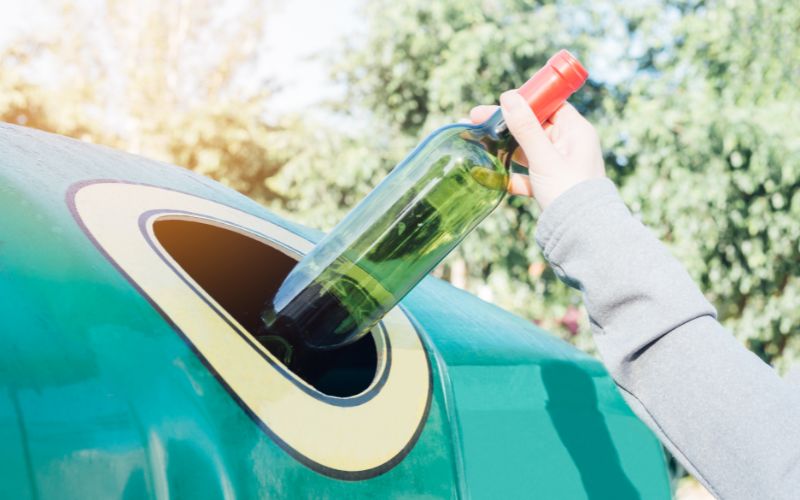
How recycling wine bottles helps the environment
Recycling wine bottles can help reduce the carbon footprint
Recycling wine bottles can be an effective way to reduce the carbon footprint as up to 60% of a wine’s carbon footprint comes from manufacturing the bottle. By recycling 15 wine bottles, for example, you can save enough energy to power an air conditioner for an hour or a laptop for more than a day. Every household can help reduce the carbon footprint by recycling their empty wine bottles and cork. In addition, recycling the bottles also helps to conserve energy since it takes less energy to produce new products from recycled materials than from raw materials.
Recycling wine bottles reduces landfill
Recycling wine bottles helps to reduce landfill waste and its associated environmental impact. By recycling, glass materials are melted and reused to form new products such as tiles, bottles, and underlays rather than being thrown away and taking up space in landfills.
Furthermore, recycling provides economic benefits since it creates jobs and reduces the cost of landfills and waste disposal.
Recycling wine bottles keeps materials in use
Recycling wine bottles helps the environment by reducing the amount of raw resources used to create new bottles. It reduces the amount of energy required by erasing the need to find and extract these materials from the earth. Recycling also reduces water and air pollution since fewer raw materials need to be mined, processed, and transported. When we recycle glass bottles, we are using less energy and fewer resources to create a new product.
How to recycle wine bottles
The most important thing for you to do before you can recycle your wine bottles is to check the rules for your local area. The services available to you will depend on where you live and what sort of housing you live in.
If your local area does accept glass for recycling it will generally be restricted to bottles and jars, including empty wine bottles. If you only have access to a specialist recycling service like a bottle bank or a container deposit depot then be sure to check the rules. They should provide these at the locations or you may be able to contact them over the phone.
To ensure that the wine bottles can be recycled, please make sure to:
- Empty the content of the wine bottles, there’s no need to rinse the bottles unless there is some stubborn liquid or sediment in the bottle.
- Separate the bottles from your other recyclables if required.
- Separate the bottles by color if your local area requires you to.
- Lids can be quite confusing and may require a bit of research. Your local curbside service, recycling facility, or drop-off location should provide you with their rules as to whether you should leave lids on or remove them.
- If the bottle has a cork then this should definitely be separated from the bottle. Corks cannot go into your recycling bin but they can be recycled through a specialist recycler, Refer Are Corks Recyclable? How to Recycle Corks From Wine Bottles for more information. Plastic corks can also be recycled through some of these specialist services or will need to be put into your general waste bin.
- If you must remove the lids then they cannot go into your recycling bin separately, they are too small to be picked up by the machines at the recycling facilities. You can find specialist recycling for these metal lids or collect them and take them to a metal scrapyard.
- It is not necessary to remove labels from wine bottles as these can be removed during the recycling process, but like with plastic bottles it’s good to remove them if you can.
- Some glass recycling services, including many curbside services, do not accept broken glass. So if your wine bottle is broken then you may need to dispose of it in landfill.
- If your wine bottle came in a cardboard box then you can recycle this along with your other paper and cardboard recycling.
- Place all bottles directly into the container, whether it be at your home or at a recycling center drop-off location. Do not bag the recycling in a plastic bag unless explicitly requested by your local authority or the recycling center. Plastic bags cause contamination at recycling facilities.
By following these steps, you can ensure that your wine bottles are recycled properly.
Note other materials, drinking glasses, glass jugs, vases, Pyrex, windows, and mirrors, should not be placed in a glass recycling bin.
Can You Get Money For Empty Wine Bottles?
Yes, it is possible to get money for empty wine bottles. This can be done by sorting the bottles, putting them up for sale, completing the transaction, and considering transportation costs. There are many places where empty wine bottles can be sold, such as eBay, and the amount of money one can make varies depending on the type of bottle. For example, fancy wine bottles can fetch higher prices than average bottles.
What are recycled wine bottles made into?
Almost invariably, recycled glass will find its way back into production, where it will be combined with other raw materials to create new glass containers. The amount of recycled glass used in the production of new bottles can range from 28-70 percent.
If recycled glass is too contaminated to make it into new bottles or jars then it may be crushed and turned back into sand where it can be used in construction projects like roads, drainage, covers for landfill, or sandblasting.
Upcycling glass: Clever Uses For Old Empty Wine Bottles
If you don’t have access to glass recycling in your area then there are many different ways you can upcycle old wine bottles and keep them in use.
- Candle Holder – One of the easiest ways to use an empty wine bottle is to turn it into a candle holder. The long and thin neck of the bottle makes it perfect for holding a candle. Simply get an empty wine bottle and make sure that it is dry and clean. Place a candlestick in the bottle, making sure that the majority of the candle is outside the bottle.
- Make a Bird Feeder – Using an old empty wine bottle to make a bird feeder is a great way to add a touch of beauty to your garden while providing sustenance for local birds. You can find instructions on how to do this by searching “make a bird feeder from a glass bottle”. Note, this involves cutting the bottle with saw and a drill so please make sure you take all safety precautions.
- Use it as Storage in Kitchen – Old empty wine bottles have many uses and can easily be incorporated into your kitchen décor. With a few simple steps, you can turn your empty wine bottles into a stylish and functional storage solution. First, properly clean and disinfect the bottle. This includes removing any labels. Next, use a funnel to pour your homemade wine or other liquids into the bottle. You can also create DIY labels to determine the type of wine or other items stored inside. We regularly use old wine and liquor bottles to make up drink mixes before a big party they are very handy.
Plus, if you want to get creative with your wine bottle tops and corks, you can always upcycle them and turn them into stylish home décor items. For example, you can paint the lids, glue them to a canvas, and hang them up as wall art. You can also use the corks to create a decorative wreath or a fun display case for your favorite wines. With a little imagination, you can turn your empty wine bottles into beautiful works of art.


